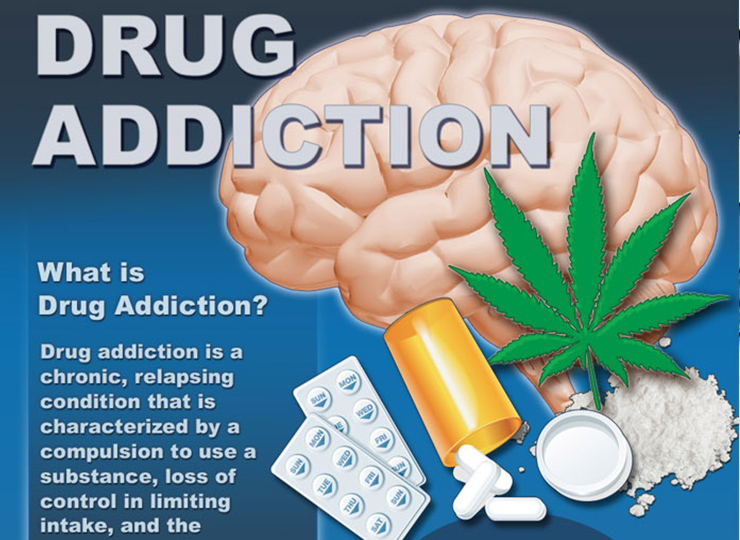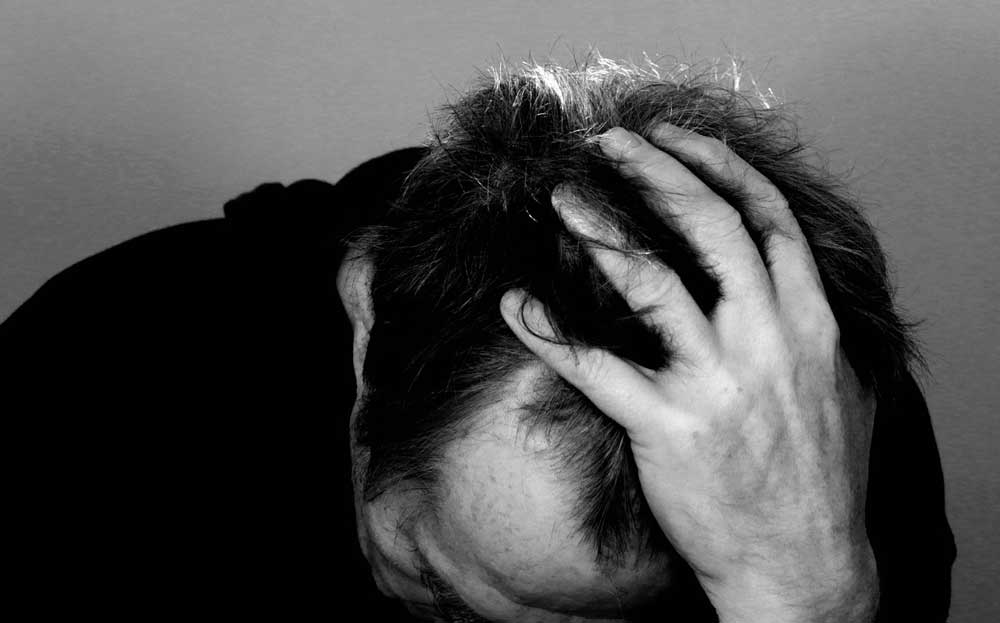Unseen addiction craving challenges

Unseen addiction craving challenges can be avoided by engaging in meaningful activities
Unseen addiction craving challenges: Using self-talk
For many patients, a variety of automatic thoughts accompany craving but are so deeply established that patients are not aware of them. Automatic thoughts associated with all the hidden or unseen addiction craving challenges often have a sense of urgency and exaggerated dire consequences. Some of those automatic thoughts may include the following:
- I have to use now
- I’ll die if I don’t use or
- I can’t do anything else until I use.
According to the expert opinion of doctor Dalal Akoury MD and founder of AWAREmed Health and Wellness Resource Center in coping with craving, it is important that both the patient and the therapist should collectively recognize the automatic thoughts and take measures of encountering them effectively. To help patients recognize their automatic thoughts, therapists can point out cognitive distortions that occur during your sessions with the client. Like for instances, your therapist could point out that a few times today you’ve said you feel like you have to use the drug and then the question would follow that, while you were having that feelings were you really aware of those thoughts when you mentioned them? That is just one strategy and the other strategy could be when you are using a tape recorder, you could help your patients by slowing down the tape to recognize cognitions.
Unseen addiction craving challenges: The benefits of recording therapy sessions
The good thing about recording the session is because it can be replayed over and over. Like for instance, the patient may have said something and so you could play it again saying “when you decided to go out last night, you said that you really weren’t aware of thinking about using cocaine.” That is when he/she said but in your own professional evaluation you think otherwise, in situations like that you could play the tape again and help the user to try to remember what the night was like, sort of play it back like a movie in slow motion, we could find a couple of examples of things you said to yourself, maybe without even realizing it, that led to cocaine use.
Finally, once automatic thoughts are identified, it then becomes much easier to counter or confront them using positive rather than negative self-talk which may include cognitions such as challenging the thought like “I won’t really die if I don’t have cocaine” and normalizing craving which can be very uncomfortable if not handled professionally. Remember that if you are having any concerns about craving for any drug and you are wondering where to begin from, you can call on doctor Dalal Akoury today for the commencement of your treatment today.
Unseen addiction craving challenges: Using self-talk









